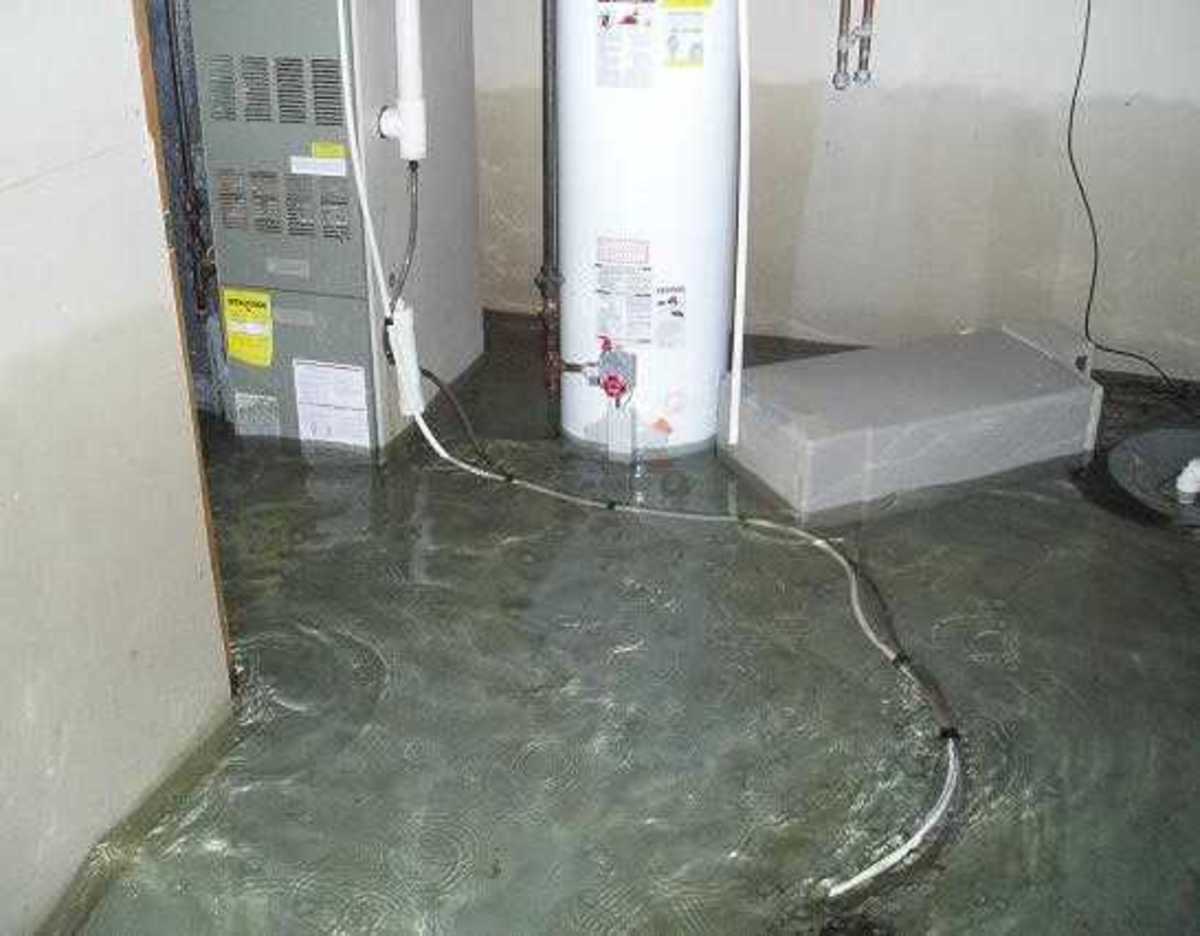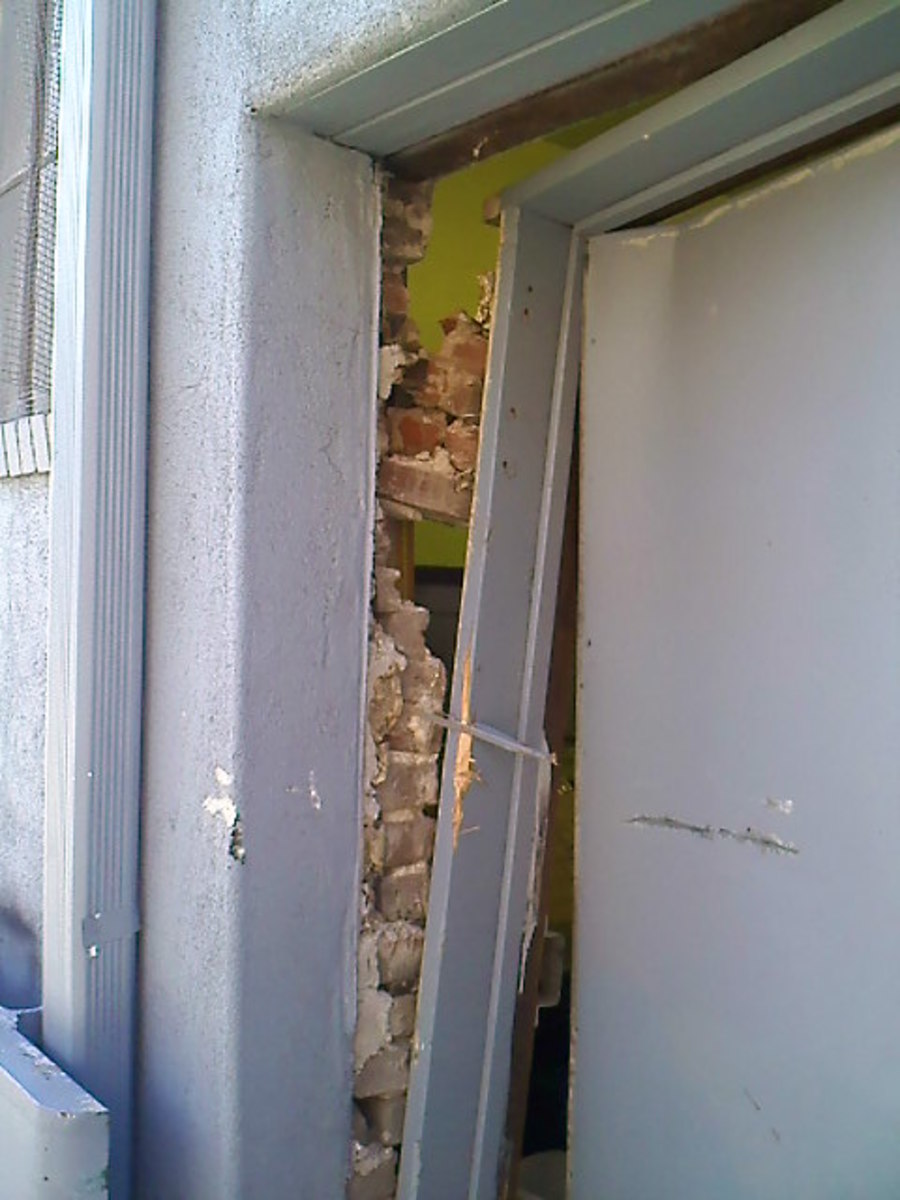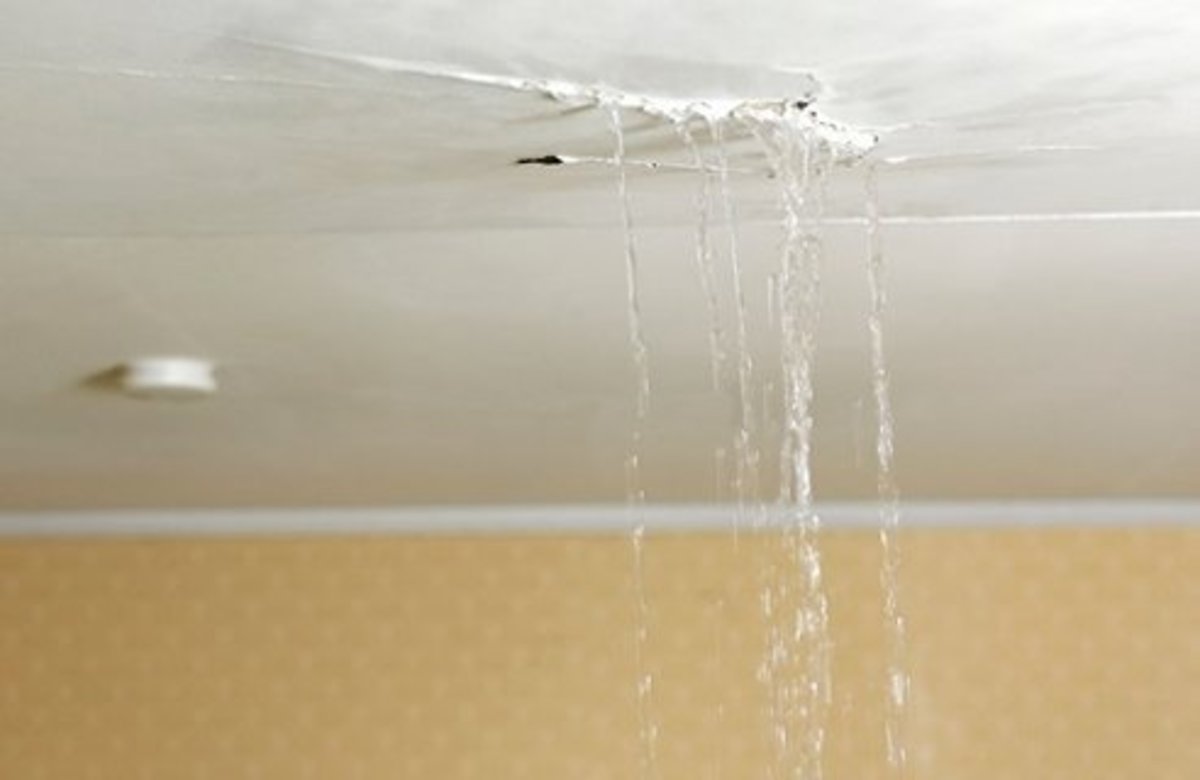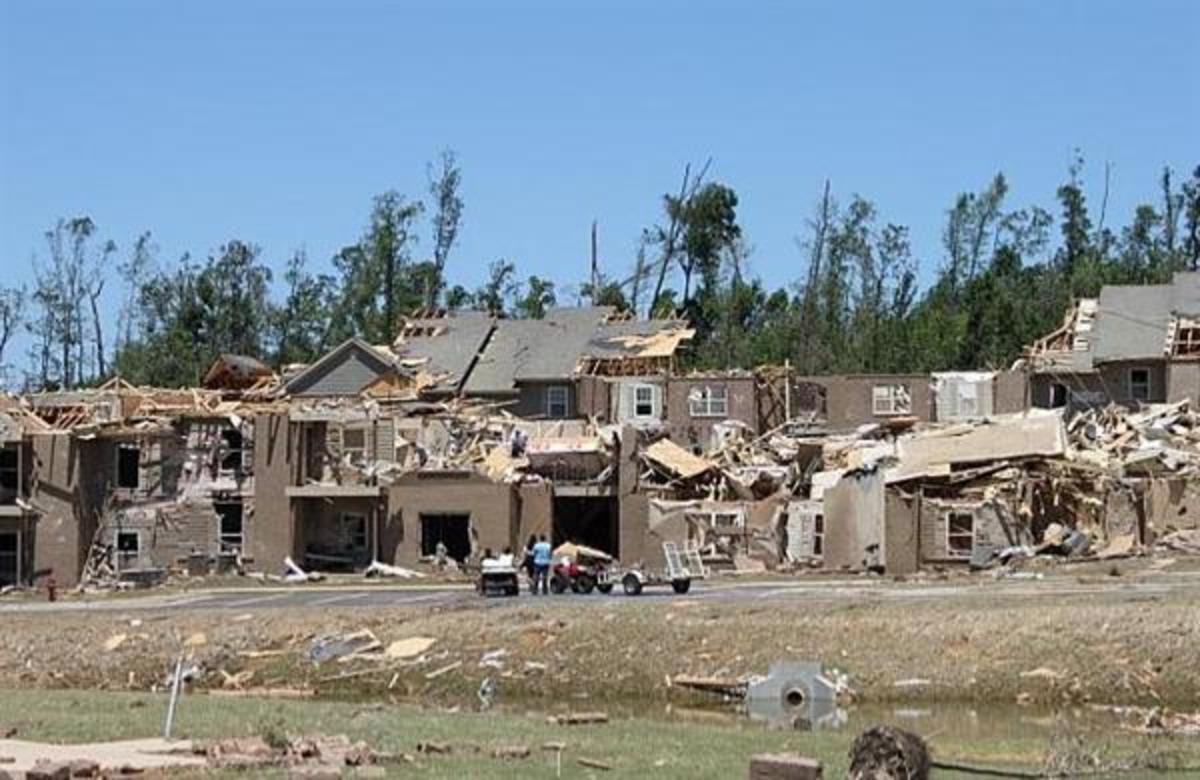

Holding a Landlord Accountable for Repairs
All too often, people cringe at the mention of the word "landlord." In some cases, this predisposition of dread is well deserved. While many landlords are responsible and caring individuals, there are many property owners who dodge their responsibilities of providing the legally required "duty of care" to paying tenants. Landlords choose to be in this position of responsibility and regardless of the relationship with the tenant, they must abide by the law when it comes to repairing damages to a property.
What to Do If A Landlord Won't Make Timely Repairs to Property
If you have a property in need of repair, you must first consult your lease for the proper procedures on how to proceed with your request. Follow the instructions to the letter in your lease for repair requests. Learn whether or not your repair is covered by the terms of your lease, for example, if you damage the property by your own negligence, the Landlord may not be responsible for the repairs. If your lease states that all requests for repairs must be handled in writing, make sure you send it. While this may seem like red tape, most states do not allow landlords to enter the property without a written request for services or a 24 hour notice in writing to the tenant that they plan to enter the property for any reason. It is always in your best interests to send requests in writing with the date of the request. Always keep a copy for your personal records.
Second, you must have a firm understanding of laws in your state. Almost every state has a law of "Habitable Warranty" that specifically outlines any landlord has a duty to provide a tenant with a habitable home fit for occupation. Such state laws protect tenants from potential slum lords. State laws override written and verbal contracts and agreements. If the necessary repairs make the property uninhabitable, the law is on your side in most states regardless of the terms of your lease or contract.
Some states such as Florida give the tenant the right to withhold rent payments to a landlord if repairs go undone. In other states it is illegal to withhold the rent. If you are not familiar with your state law on this issue, it is best to consult a legal professional in your state.
If you have taken the steps in the lease to get a problem repaired and the Landlord has not acted, it is time to send the Landlord an official (or second official) request for repair in writing. The second letter should be sent with a copy of the original request (if retained) and mailed by certified mail with a return receipt. This will give you a legal, court recognized document proving that the request was made and received by the landlord.
It is a criminal act for any Landlord to attempt to evict your for requesting repairs to the property. If you suspect you have this type of callous Landlord, it is imperative to communicate with this landlord in writing only to protect yourself.

Escalating a Case Against a Landlord
At this point, most Landlords will acknowledge your request for repair. If the property owner still refuses to make the requested repairs or dismisses them, it is time to escalate your case.
If your repair is urgent in nature and poses a health or safety risk for you and your family, you will want to take many photos and videos of the problem with the date imprinted from the camera. Take your photos, videos, and copies of your letters to your county or bourough's inspection department. These offices are normally located within the Health and Human Services Division of your local Department of Social Services. For urgent problems that may lead to illness and injury, a county inspector will act quickly to inspect the damages. If it is determined that the necessary repairs are urgent, this agent will have the authority to force the landlord to make the repairs by a certain date or face significant legal punishment.

Landlord Responsibility During a Natural Disaster
In the event of a natural disaster such as a flood, fire, or tornado, renters cannot hold the Landlord accountable for the disaster. The loss of personal items may be covered by the tenant's rental insurance, but the Landlord can not be held accountable for the loss of personal items.
When a natural disaster strikes and damages rental property, it is the the Landlord's responsibility to fix the property and make it habitable as soon as possible. The Landlord is not responsible for providing alternate shelter and housing for tenants in this case. Renters have the option of purchasing rental insurance that provide temporary housing and provisions if this should occur.
However, in most states, if a rental unit is destroyed by a natural disaster, the lease becomes void and non-enforceable. A Landlord cannot force a tenant to stay in an unlivable rental property and tenants can not be sued for leaving the property for a habitable property.

Infestation of Cockroaches, Bedbugs, and Rodents
If you sign a rental agreement for a property, it is important to understand before hand whether or not the Landlord will provide scheduled preventative treatments against insects and other pests. If there is no mention of this in your lease, it is reasonable to request this service before signing the contract. In some leases, the responsibility will be mandated to the tenant.
If you move into a home and notice cockroaches, insects, or mouse droppings, it is important to photograph this evidence. If the home is furnished, check the mattresses and furniture for evidence of bed bugs and notify the Landlord immediately if anything is discovered.
If the infestation occurs later on, the fault falls on the tenant. In this case, a landlord may not be responsible for paying for an exterminator and the tenant may be liable for the damage caused by the invading pests.
Evicting or a tenant for requesting repairs or making an official complaint about conditions.
Entering the property without a 24 hour written notice unless service is requested.
Not revealing that an apartment is infested with cockroaches, bedbugs, and other creatures.
Interfering with a tenants right to "quiet enjoyment" of the property.
Seizing a tenant's property for non-payment of rent. This includes selling the tenant's property to collect unpaid rent and fees.
Not notifying tenants a property is known to be haunted.
Changing locks on a property for non-payment of rent.
Turning off utilities to threatnen or evict a tenant.
Attempting to evict a tenant without a court order.
Laws vary state to state. Check with a lawyer if you are dealing with any of these activities.
Original article and pictures take hubpages.com site
Комментариев нет:
Отправить комментарий